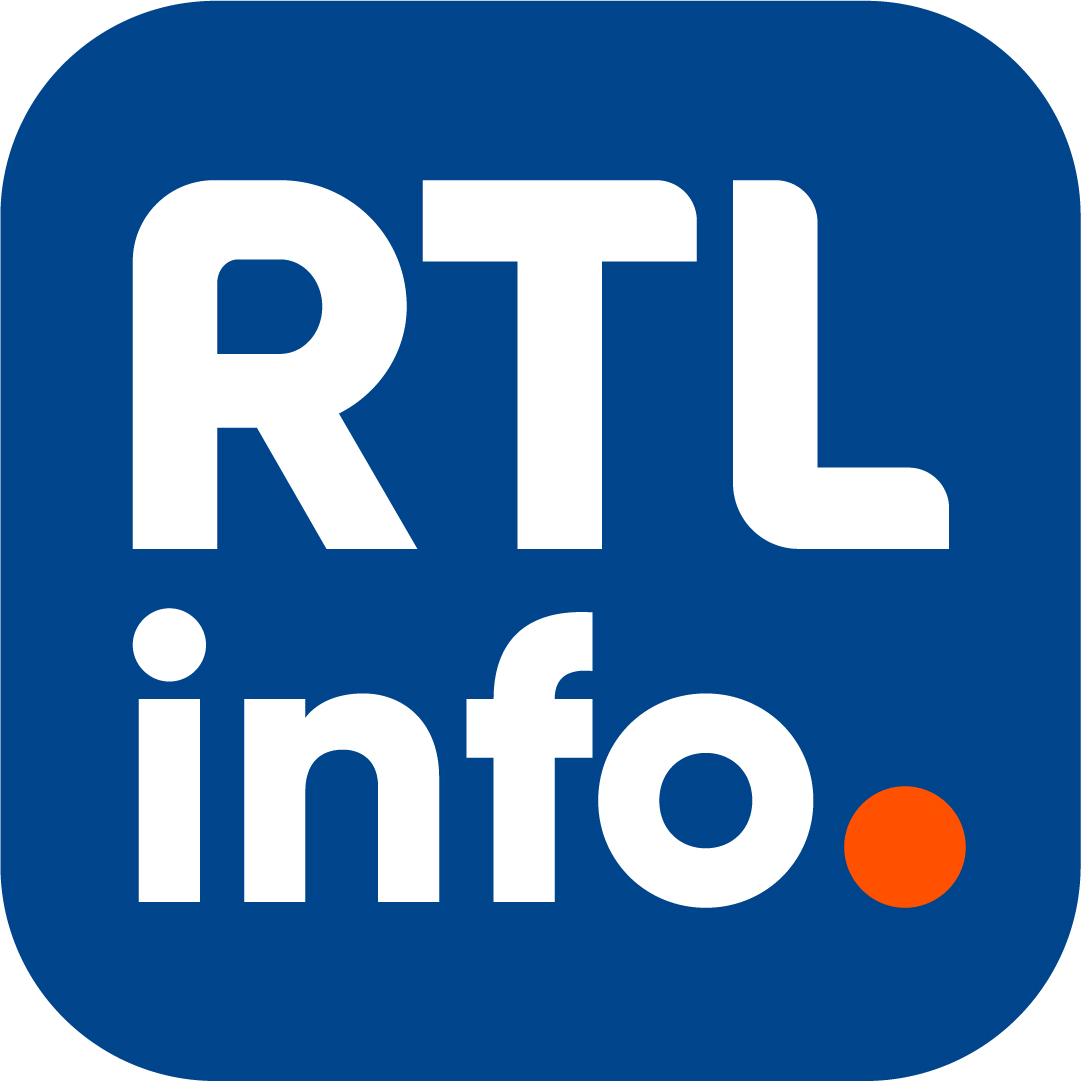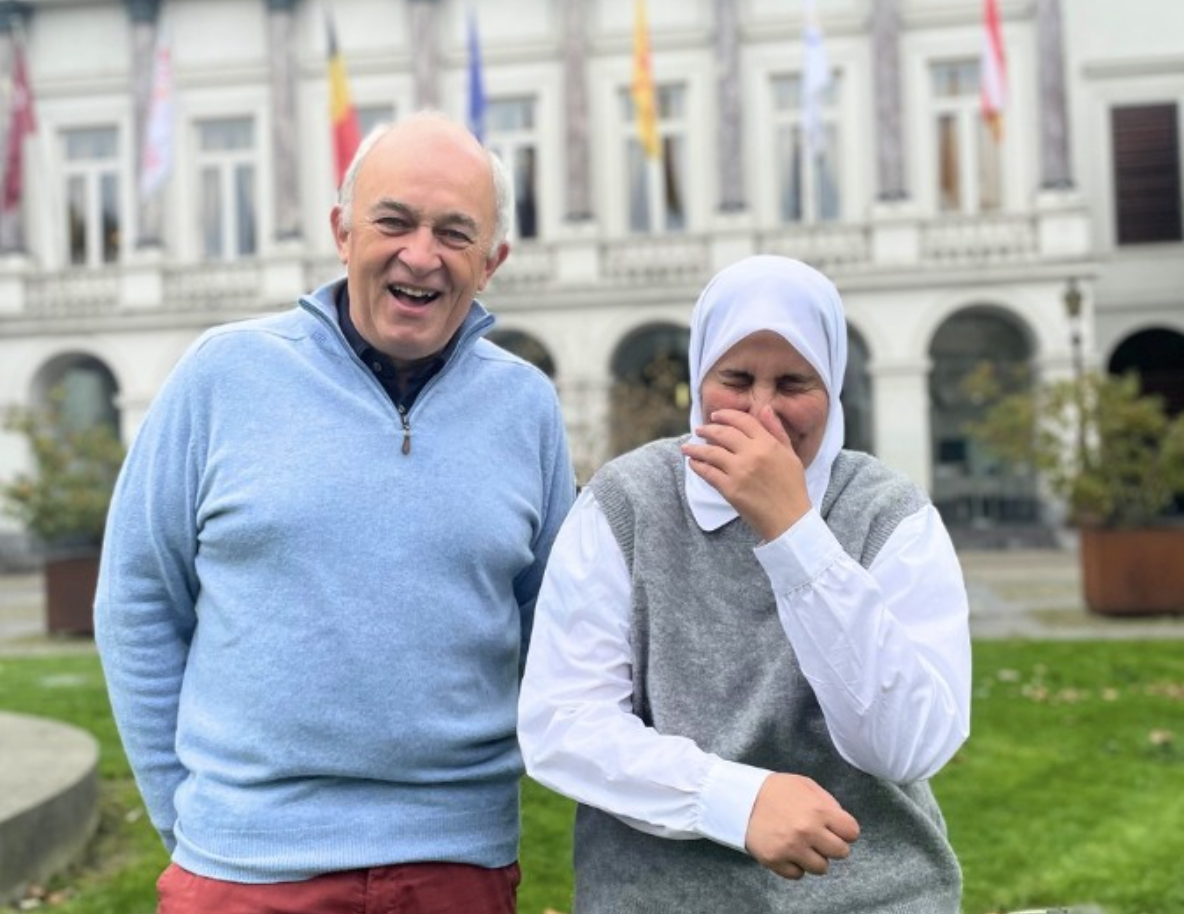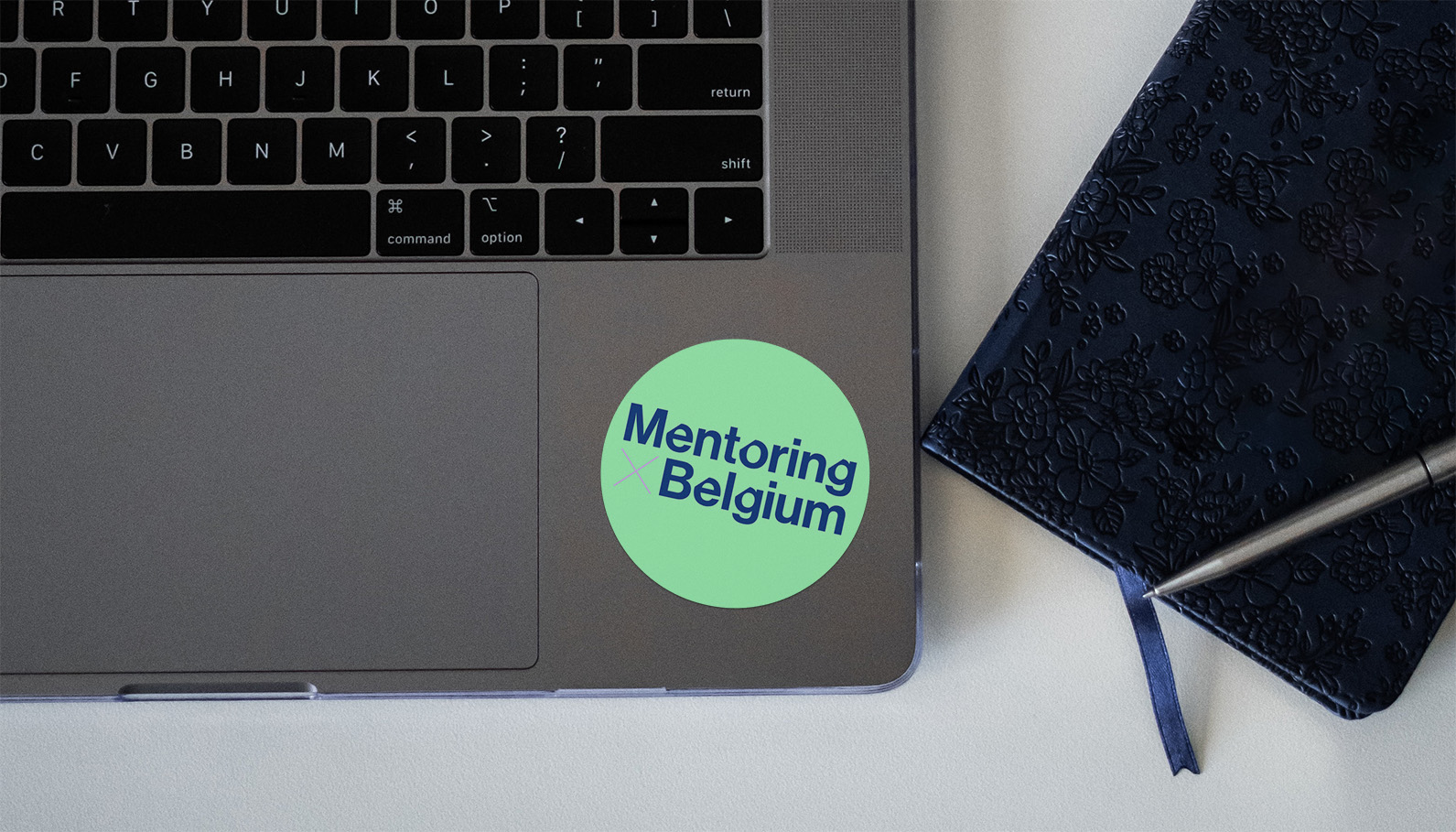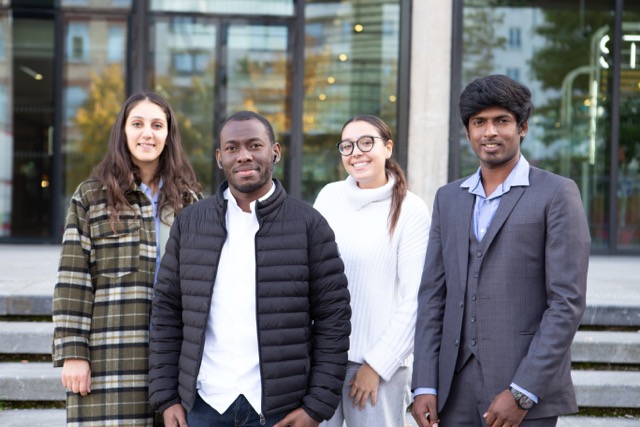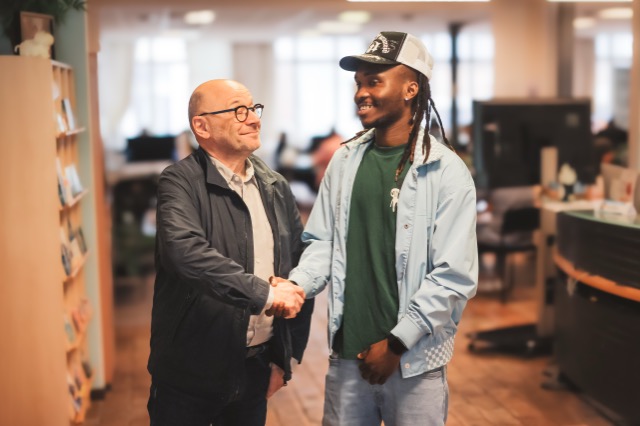On the occasion of the International Day Against Homophobia and Transphobia, DUO for a JOB is highlighting a story that embodies the strength of resilience and the impact of inclusive mentoring. That of Burhannedin, a young gay man and refugee, who regained confidence in himself and in his professional future.
When Burhannedin arrived in Belgium, he carried more than his suitcase with him. He comes with dreams, doubts, and deep wounds. “I had to rebuild myself here, I had to recover from my traumas, from the difficult experiences I had in my country of origin.”
When stereotypes block paths
In the job market, prejudices persist. And when you combine multiple discriminated identities — such as being Arab, queer, or refugee — the obstacles multiply. “You are seen as unstable, unreliable, chaotic. We think we can't be Arab and gay, queer and professional. We put you in boxes and we close the doors.”
Burhannedin did not only have to face the classic challenges of professional integration. He also knows the persistent stereotypes, which relegate LGBTQIA+ people to certain jobs, or exclude them from positions of trust. “I want to become a pharmacist. And I'm going to be. But I know that to get there, I will have to redouble my efforts.”
A caring mentor
That's where DUO for a JOB comes in. Burhannedin meets his mentor, a caring, open, curious woman. She accompanies him, guides him, supports him. “Thanks to DUO, I was able to bring out the best in myself. I was allowed to exist as a complete person, not just as a check off profile.”
With the help of his mentor, he reworks his resume, refines his professional project, and gains confidence. Today, Burhannedin is on the verge of realizing his dream: to become a pharmacist.
In a new environment, everything has to be learned again: the language, the codes, the administrative procedures... and even romantic relationships. “I remember a moment with my mentor, I asked him, 'How do people meet here? How do you find love? ' She answered me kindly. We laughed. These are things that one never dares to ask for in a prima facie professional support. But that was human, true.”
A truly inclusive job market: a necessity
Her story is not an isolated case. Too often, LGBTQIA+ people face invisible barriers and increased precariousness. The job market is still marked by stereotypes about what is a “good recruit”, a “serious profile”, a “job for a man” or a “female position”.
At DUO for a JOB, we believe that an inclusive job market is fairer, richer and more human. Everyone should be able to do the job of their choice, be judged on their skills and motivation, not on their gender or orientation.
Mentoring is much more than support for employment: it is a human encounter, a space of trust, a “safe space”, where you can be yourself. That's what Burhannedin found.
Together, let's fight discrimination and celebrate diversity!
👉 Discover his video testimony here.
Glossary (Rainbow House)
LGBTQI+ : Acronym for Lesbian, Gay, Bisexual, Bisexual, Transgender, Queer, Intersex. The “+” refers to all identities, orientations, expressions not represented in the acronym, in short, to all other realities. LGBTQI+ meet under this acronym because they are victims of fairly similar systems of oppression and invisibility, but all of these letters also represent different realities of life.
Safe space : Space, environment, place in which there is no discrimination. The safe space should allow people to feel safe and respected
Queer : Refers to a person whose sex, gender, sexual orientation, sexual orientation, gender identity and/or gender expression differs from societal expectations, is considered “non-conforming, non-traditional, out of category.” This term therefore defines all the letters of the LGBTQI+ acronym. It was originally an insult in the English language, which was reused under the principle of “re-appropriating the stigma” and which is now positive and often associated with artistic culture.
Pride march (gay pride, LGBTQI+ pride, Belgian Pride): In 1969, in a gay bar in New York, the Stonewall Inn, LGBTQI+ people rebelled against a new police raid. These riots lasted several days and are now considered to be one of the milestones in the fight for LGBTQI+ rights. After the events of Stonewall, “Pride Marches”, generally called “Pride”, were launched in many countries around the world.
.png)


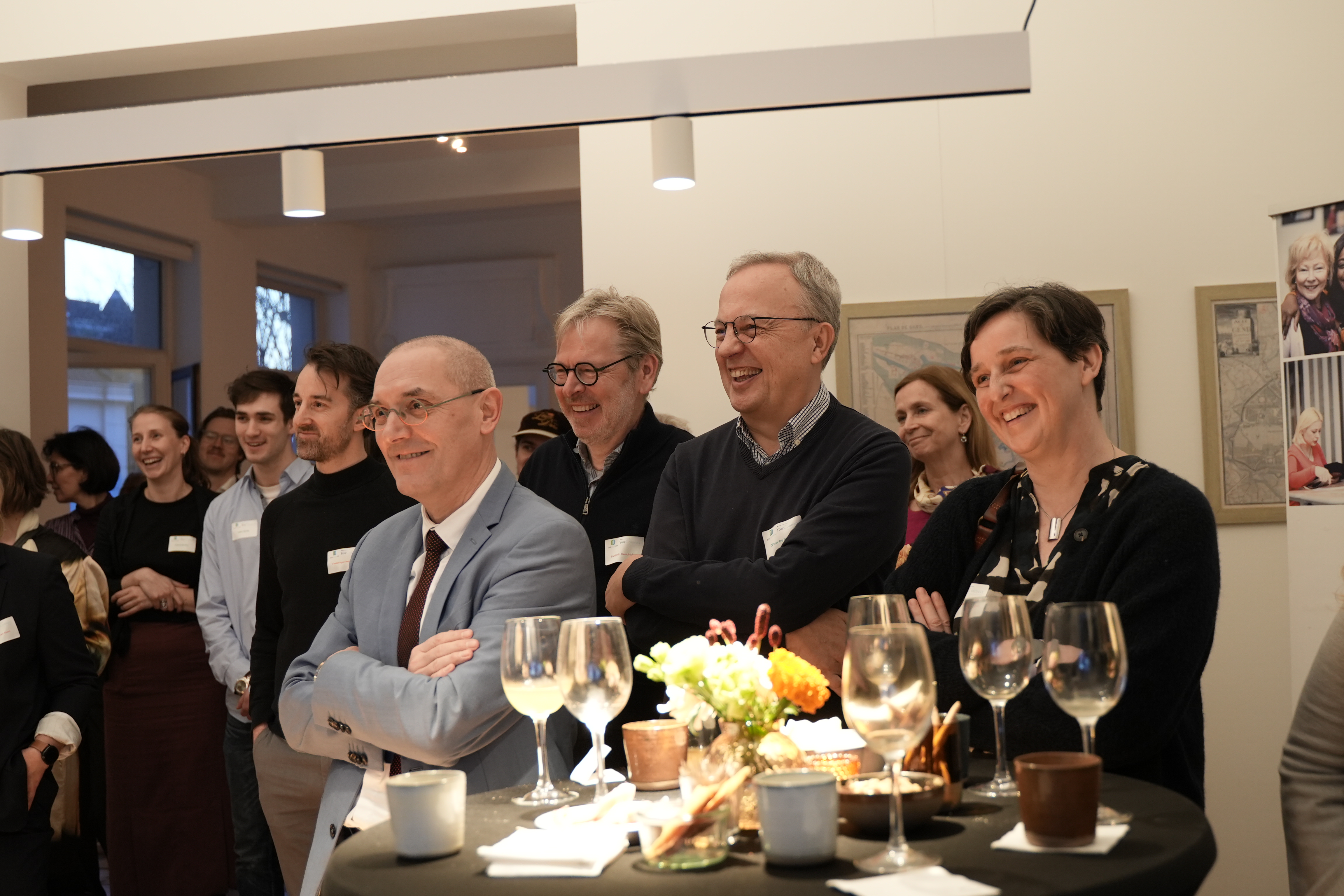


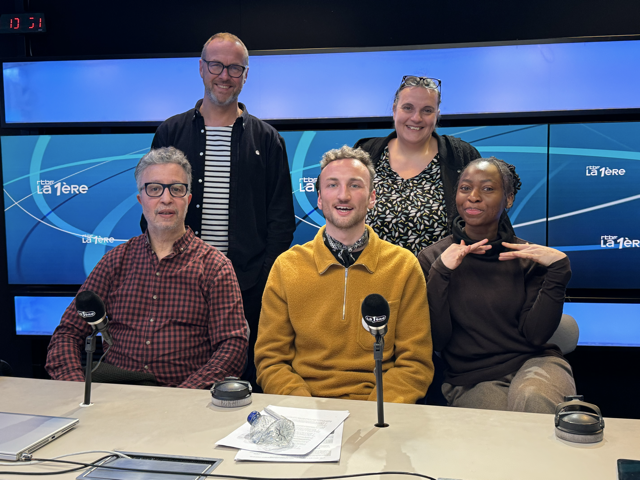
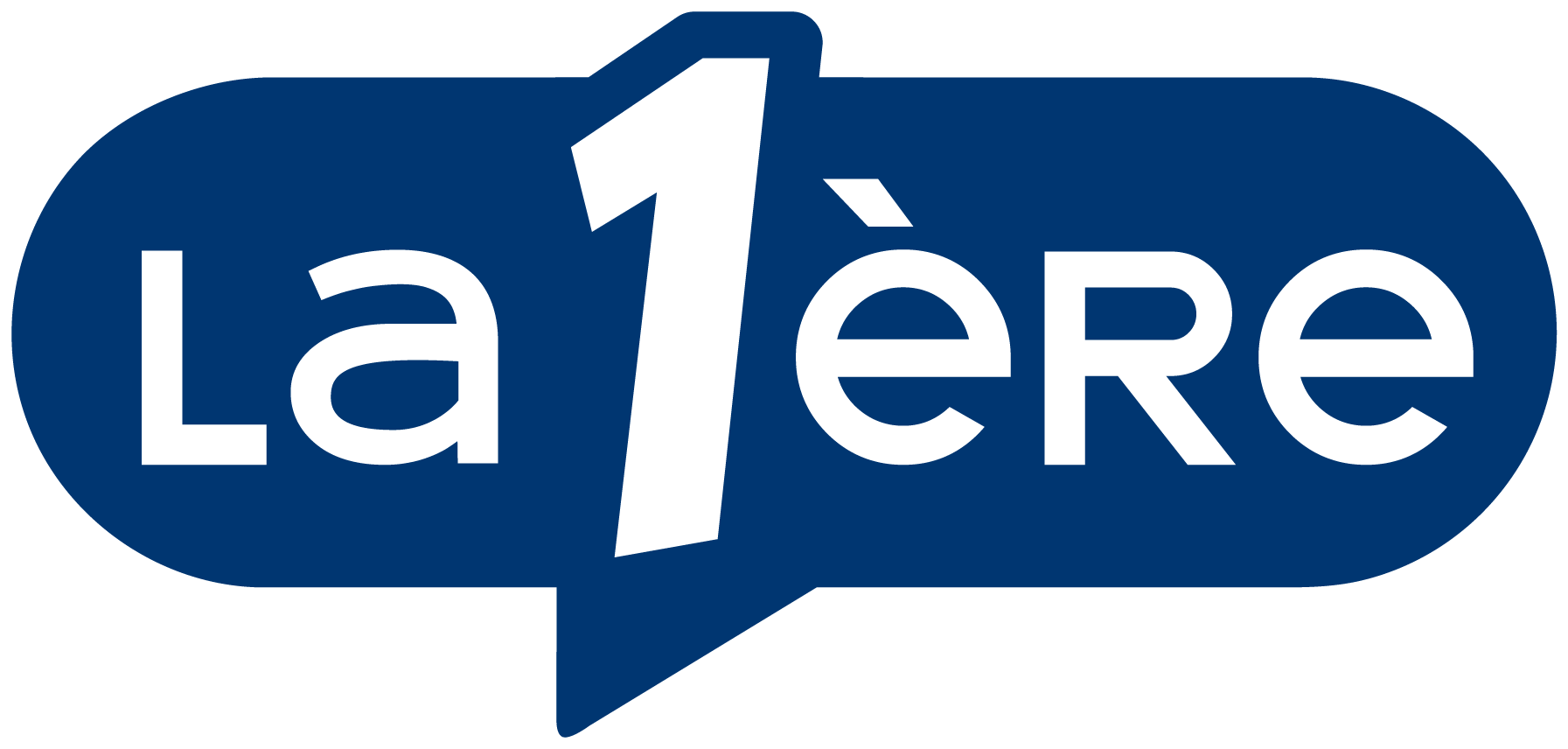
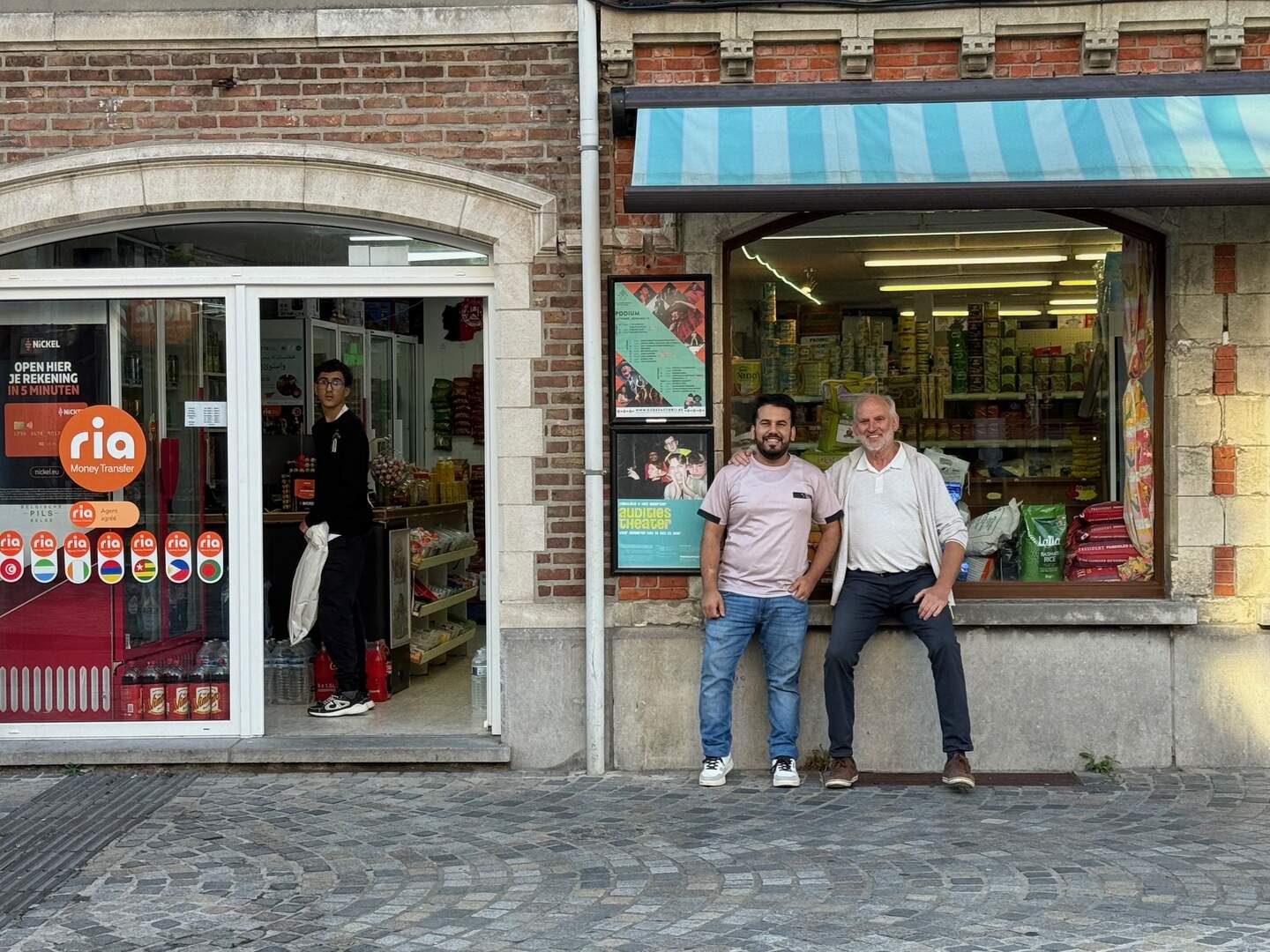
.png)
